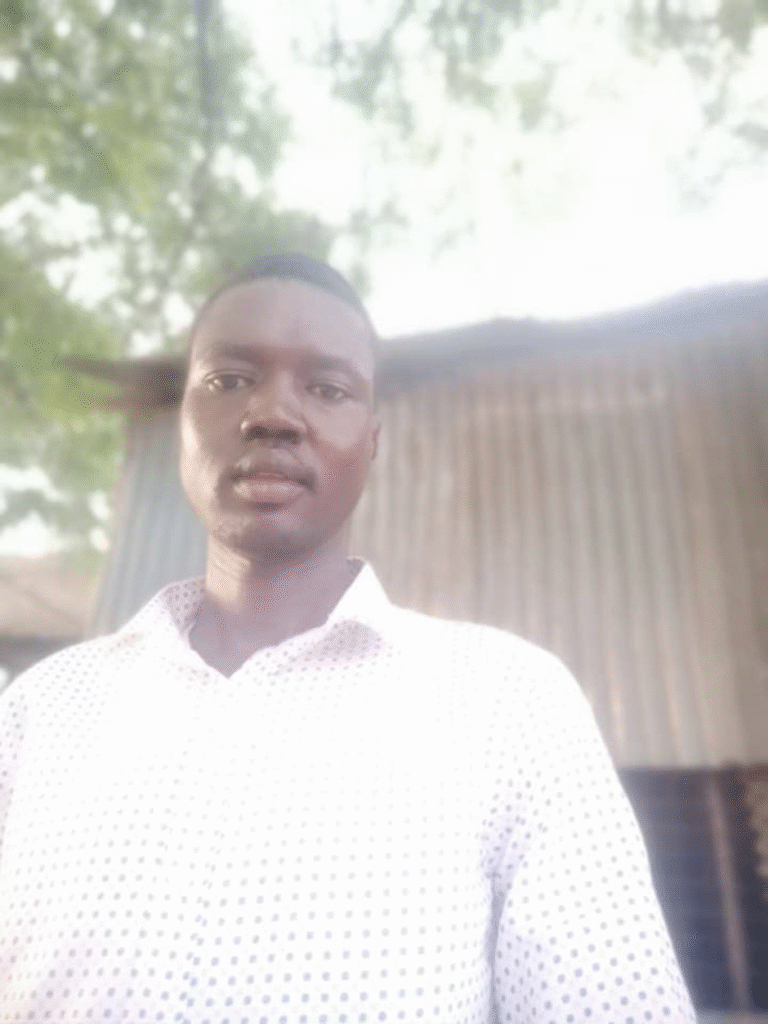South Sudan's English Daily Newspaper
"We Dare where others fear"

By Aluong Maker Aluong
Acirin Madong Aluong, a fifth-year veterinary medicine student at Upper Nile University, is challenging a widespread belief among South Sudanese cattlemen that livestock health deteriorates after vaccinations.
His goal is to dispel fears that veterinary personnel are harming animals and instead to encourage farmers to trust proven disease prevention methods.
In an interview with The Dawn Newspaper, Acirin stated that cattlemen from various regions of South Sudan should not continue misleading themselves into thinking that vaccination jeopardises the health of their livestock. Instead, vaccinations protect animal health, prevent the spread of diseases, and safeguard human health.
“As a matter of fact, vaccination stimulates the animals’ immune systems to fight diseases, making them less susceptible to illnesses and reducing the need for costly treatments,” Madong explained.
He also noted that vaccinations help control the spread of diseases within animal populations and prevent zoonotic diseases from being transmitted to humans.
“As an expert in the college, I do not blame our local people who hold this perception. They have not acquired adequate knowledge about the variety of diseases that affect farm animals, which can be bacterial, fungal, or parasitic. If the appropriate treatments are not used based on the specific illness, there is a high chance of the animals dying because the illness is not correctly identified and treated.”
“Here, farmers may perceive it as a deliberate reduction in their cattle, but the real issue is the correct identification of the diseases and the proper administration of drugs. There is no basis for accusing veterinary personnel of poisoning animals or claiming that the medications do not work. I know it is difficult to change the minds of those who have been misled, but we, with veterinary knowledge, must strive to advocate for this, as it is for the betterment of the entire country,” Madong asserted.
He reiterated that a persistent belief arises when cow teats fail to function normally after vaccination. The owner usually concludes that the previous vaccination caused this, whereas, in reality, it is mastitis disease, not the vaccination itself.
He further emphasised that the death rate and other injuries among farm animals are not due to medications but are instead prompted by various diseases that South Sudanese, including so-called experts, often fail to identify correctly. For instance, East Coast Fever is treated with medications for contagious bovine pleuropneumonia (CBPP), and rinderpest is treated with medications for foot-and-mouth disease (FMD). Although some viruses have no proper treatment, quarantine measures and vaccination management can still be implemented.
He said that Poor identification of diseases endangers livestock lives, as denial of vaccinations and incorrect medications can severely affect their health.
He urged the public not to hesitate to bring their livestock to centres where they can receive proper medications—medications that do no harm unless they are incorrectly identified and improperly administered.
“The only people with unwavering humanity are medical personnel. They not only care for human lives but for the entire existence of living beings. They always ensure that life is preserved and should not be suspected of risking any life,” Madong clarified.




